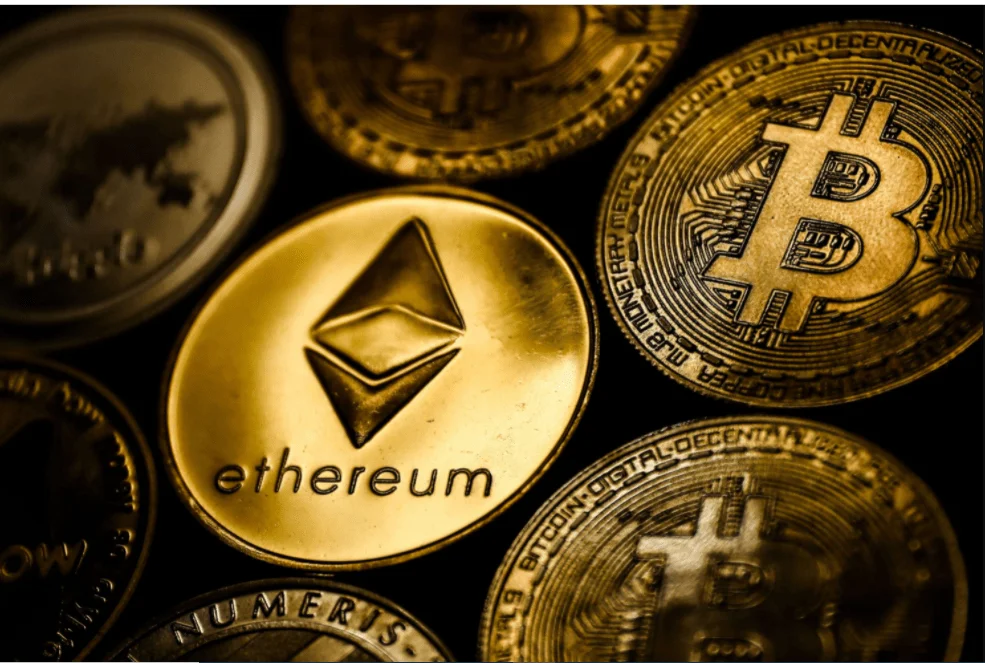While many nations simply prohibit Bitcoin (BTC) and other digital assets, the UAE is adopting a different approach.

The government has been steadily implementing its ambition of becoming a blockchain capital by establishing frameworks to instruct crypto enterprises on how to comply with the rules.
UAE’s crypto and blockchain adoption move
The Securities and Commodities Authority (SCA) regulates the mainland, whereas free zones – geographically defined territories inside the UAE with reduced taxation and regulatory regimes — are regulated by the Securities and Commodities Authority (SCA).
The Dubai International Financial Centre (DIFC), which is regulated by the Dubai Financial Services Authority (DFSA), Abu Dhabi Global Markets (ADGM), which is regulated by the Financial Services Regulatory Authority (FSRA), and the Dubai Multi Commodities Centre (DMCC), which is regulated by the Securities and Commodities Authority (SCA), are examples of such free zones.
Kokila Alagh, the founder and CEO of Karm Legal Consultants, gave a quick assessment of the regulatory environment in the nation in an interview with journalists. The SCA, the mainland regulator, provides clarity and opportunity for crypto and blockchain enterprises, according to Alagh:
“The regulations provided certainty and have opened new opportunities in the UAE, which makes SCA a progressive regulator in the global landscape, as they haven’t ignored this vital growing sector and are continuously working on developing the frameworks to adjust as per these emerging sectors like DLT, blockchain.”
The ADGM’s financial services regulator, the FSRA, was the first in the country to establish digital asset legislation in 2018. Alagh said that ADGM is “one of the top-most jurisdictions for established blockchain enterprises,” and that it was one of the first regulators in the world to implement digital securities legislation and recommendations on digital assets.
Alagh also talked about the DIFC’s regulations. The DIFC’s regulator, the DFSA, “is one of the first authorities from a major financial free zone to establish legislation in reference to security tokens,” according to Alagh.
The tokenization of securities using blockchain and distributed ledger technology is now covered by DFSA laws, which include the tokenization of shares, derivatives, bonds, debentures, certificates, and fund units. Consultation papers for stablecoins, fungible cryptocurrencies, and nonfungible tokens, on the other hand, are still in the works.
Finally, Alagh mentioned DMCC. Special licenses, such as the DLT technology service provider license and the proprietary trading in crypto commodities license, were issued by the free zone. It also features a Crypto Oasis, a crypto-dedicated hub where over 130 blockchain startups have registered.
“The DMCC is one of the most sophisticated regulators in this field,” Alagh added, “and has driven the growth of the UAE’s crypto ecosystem.” The DMCC is a crypto-friendly regulator that offers a user-friendly framework for establishing a business.”
Meanwhile, Binance, a cryptocurrency exchange, has agreed to work with the UAE government to help crypto exchanges and companies obtain licenses in Dubai. As part of the creation of a crypto hub, the company signed a memorandum of understanding with the Dubai World Trade Centre Authority.

